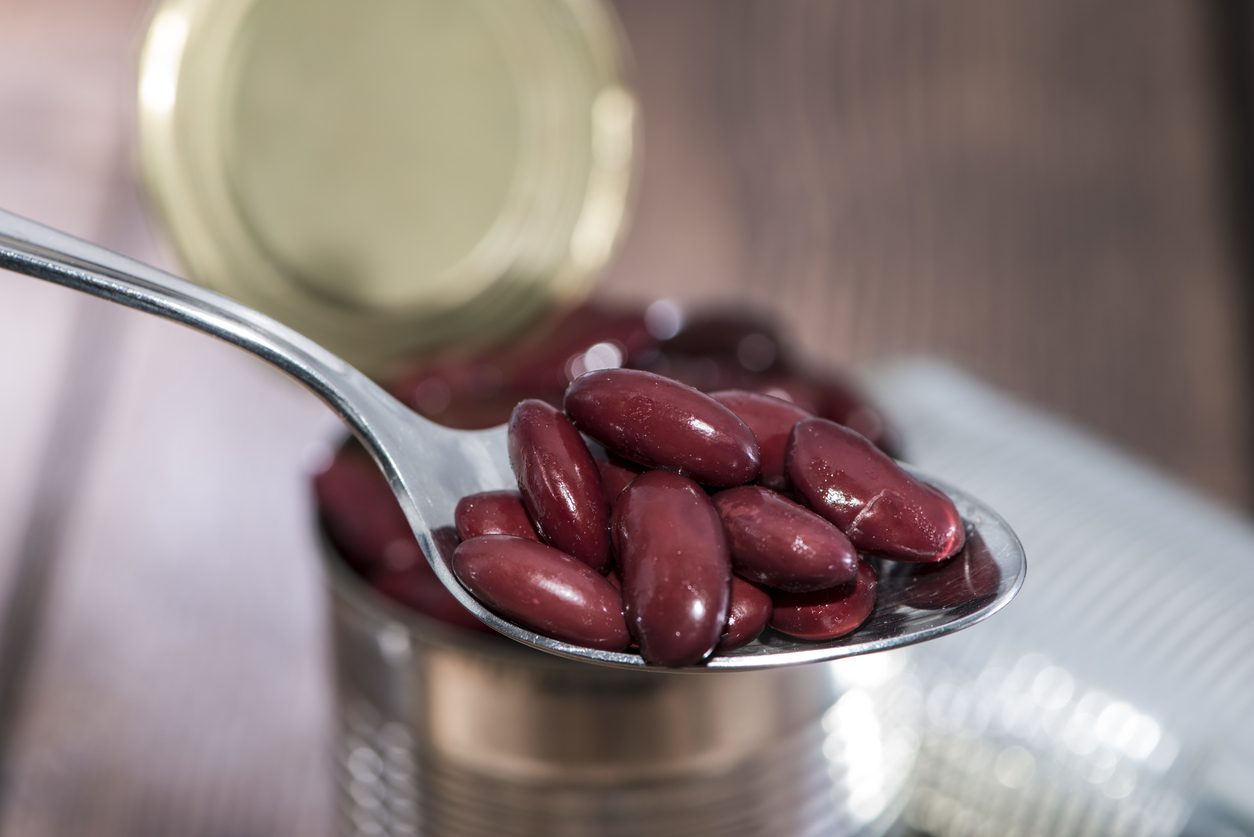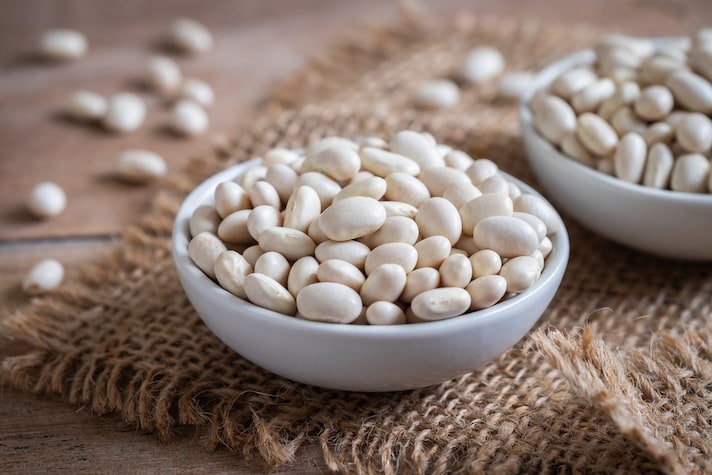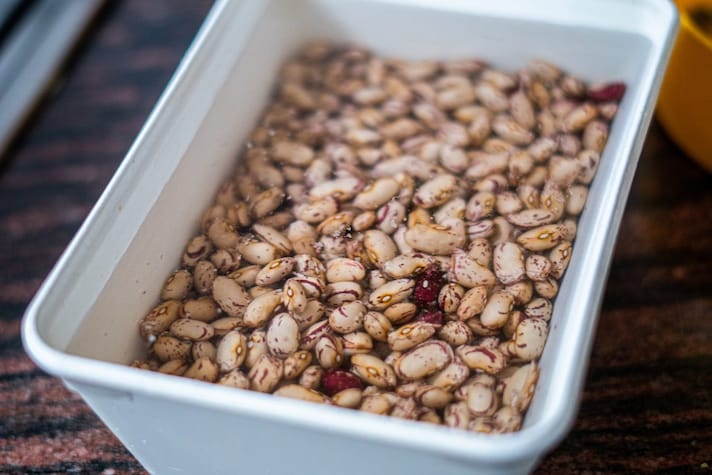;)
Beans have long been a staple in kitchens worldwide, cherished for their versatility, nutritional value, and culinary appeal. From creamy hummus to hearty chili, beans feature prominently in various dishes, offering a satisfying texture and robust flavor.
When it comes to incorporating beans into your meals, two primary options often come to mind: canned beans and dried beans. Canned beans provide convenience, ready to use straight from the pantry, while dried beans offer versatility and control over the cooking process. In this article, we'll delve into the merits of dried beans over canned beans, exploring the nutritional benefits, cost-effectiveness, and cooking advantages that make dried beans the superior choice for discerning home cooks.
What Are the Benefits of Dried Beans?

1. Nutritional Value
Dried beans are nutritional powerhouses, packed with fiber, protein, vitamins, and minerals. Unlike canned beans, which may lose some nutrients during the canning process, dried beans retain their nutritional integrity. For example, a serving of cooked black beans contains about 15 grams of fiber and 15 grams of protein, contributing to satiety and overall health.
2. Cost-Effectiveness
While canned beans offer convenience, dried beans are more cost-effective in the long run. A pound of dried beans costs significantly less than multiple cans of beans and yields several servings once cooked. With dried beans, you're getting more bang for your buck and reducing your grocery expenses over time.
3. Customization and Control
Cooking with dried beans allows for greater customization and control over flavor, texture, and seasoning. You have the freedom to soak and cook the beans according to your preferences, whether you prefer them tender or slightly firm. Additionally, dried beans absorb flavors from seasonings and aromatics during cooking, resulting in richer, more flavorful dishes compared to canned beans.
Addressing the Cons of Dried Beans

1. Preparation Time
While it's true that dried beans require soaking and longer cooking times compared to canned beans, there are strategies to streamline the process. For instance, soaking beans overnight reduces cooking time significantly, and using a pressure cooker further expedites the cooking process. With a bit of planning, you can incorporate dried beans into your meals without sacrificing convenience.
2. Convenience
While canned beans offer instant gratification, dried beans offer long-term benefits that outweigh the minor inconvenience of longer cooking times. Consider batch-cooking a large quantity of beans and freezing them in portions for quick and convenient access to cooked beans whenever you need them. This way, you can enjoy the convenience of canned beans without compromising on quality or flavor.

Conclusion
In conclusion, the choice between dried beans and canned beans is not just a matter of convenience – it's a decision that impacts your health, budget, and cooking experience. While canned beans offer immediate gratification, dried beans offer superior nutritional value, cost-effectiveness, and flavor versatility. By opting for dried beans and incorporating them into your cooking repertoire, you're investing in wholesome, flavorful meals that nourish both body and soul.
;Resize,width=767;)
